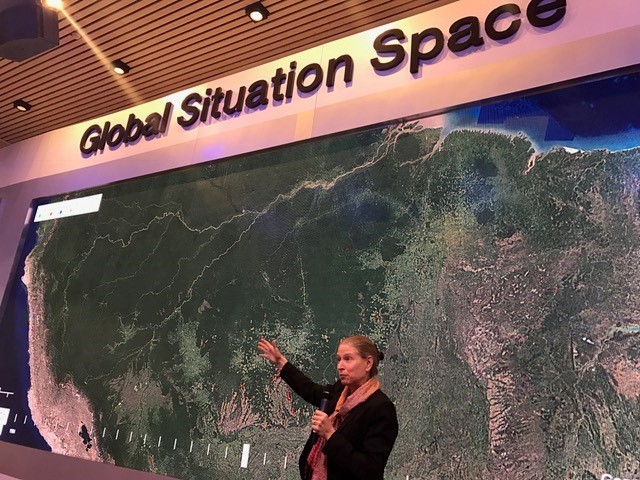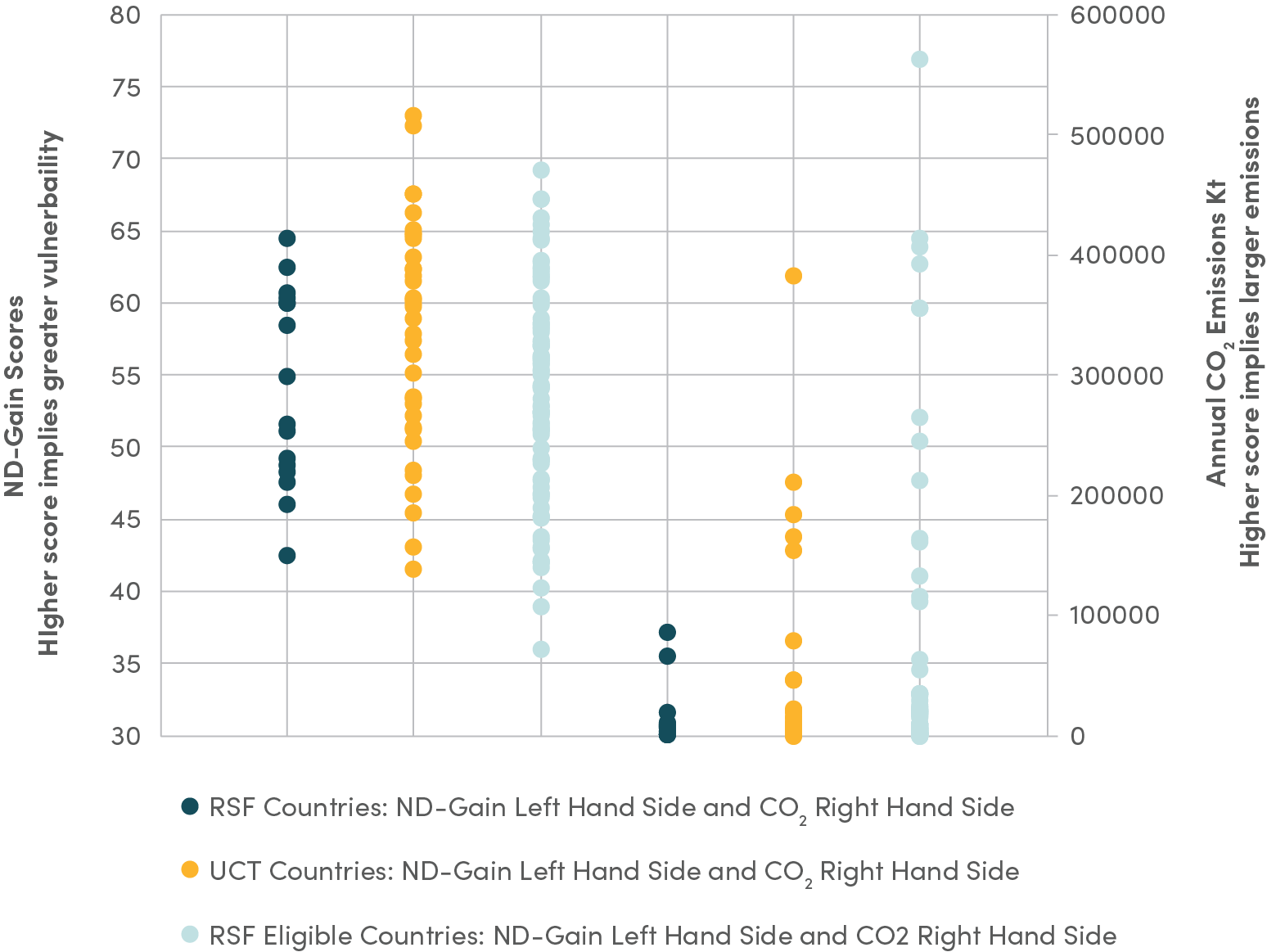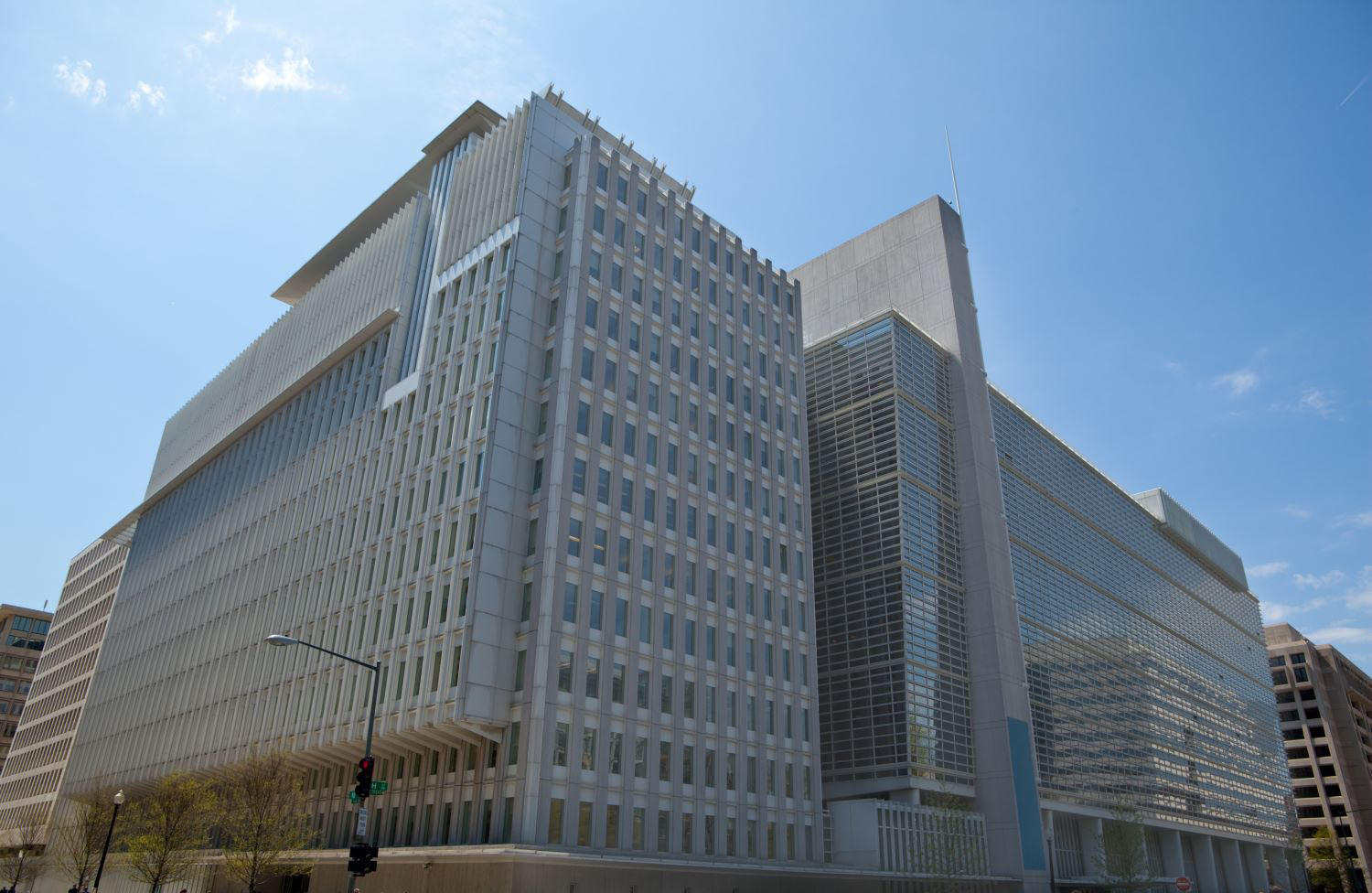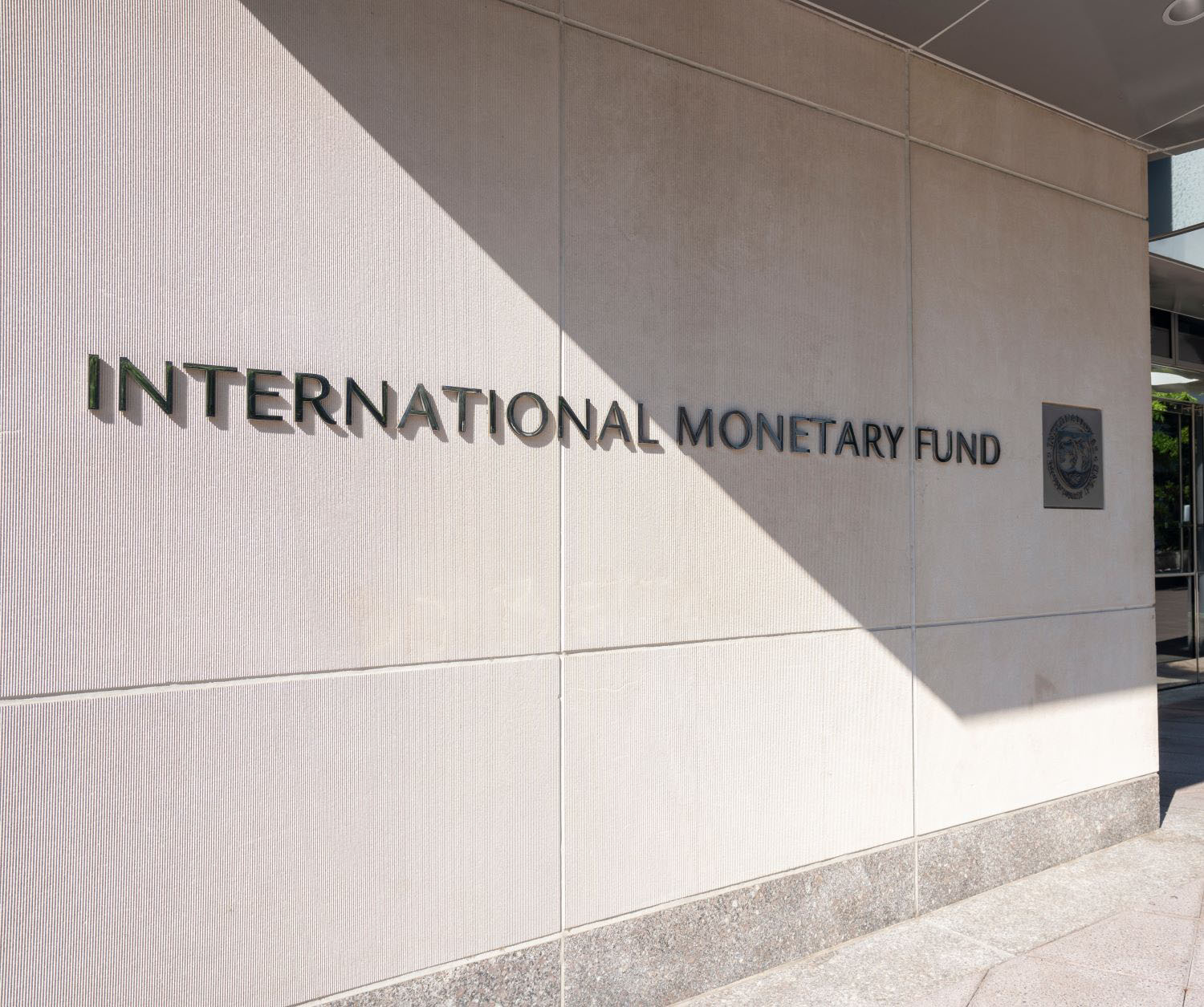The world’s elite—plus a few ringers like me—gathered last week in the small Swiss village of Davos to discuss the state of the world at the 2017 Annual Meeting of the World Economic Forum (WEF). Although not formally on the agenda, the issue of tropical forests infiltrated a number of discussions. But first, a quick recap of the meeting’s big themes that provided the broader context.

Frances Seymour speaks at Davos 2017
Photo by Gianina Caviezel
Three leading themes
There is no typical Davos experience. Over the week-long forum, participants can choose from more than 400 events on the official program, many with limited sign-up, ranging from speeches by world leaders in the 1000-seat plenary hall to taking part in an extraordinarily moving simulation of A Day in the Life of a Refugee (in which I managed to lose my identity card and money within the first five minutes). Other events—where (I assume) the “real” business is conducted—are by invitation only. And those are before you get to the dozens of early breakfasts, evening receptions, and late nightcaps sponsored by individual companies, countries, and others. But from events accessible to me, and chance conversations in lounges and shuttle buses, I’d say the top three themes of this year’s meeting related to technology, China, and Trump.
Technology
The Fourth Industrial Revolution was the theme of the 2016 WEF, and carried over into 2017 discussions. Companies focused on software, social media, and robotics were prominent among participants and sponsored events and spaces. Rapid technological change in areas such as artificial intelligence and self-driving cars was highlighted as creating opportunities for business, but also potential disruptions to society, especially inequality and unemployment. A particularly creepy exhibit was a demonstration of Sofia, a human-sized android with close-to-true facial expressions and skin tone, who is probably already overqualified for many of today’s lower-skilled jobs.
The Rise of China
A second theme was the rise of China. The keynote speech by President Xi Jinping, the first Chinese head of state to attend the WEF, stimulated the loudest buzz in the corridors. His robust defense of more inclusive, sustainable, and better-governed economic globalization as an engine for achieving global prosperity struck many participants as an inflection point in the world order, if not turning it upside-down. He specifically called out the Paris Agreement on climate change as an example of the need to adhere to multilateralism. Executives from Chinese companies were well represented in discussions ranging from ending illegal fishing to generating employment in Africa.
The Transition to Trump
The leadership transition in the United States cast a shadow over every conversation in Davos. An inevitable question to each panel or interviewee was about the likely impact of the Trump administration on whatever issue was being discussed, ranging from climate change to gender equality. While everyone acknowledged the unpredictability of the new president’s policies, my overall impression of the answers to those questions was one of forced optimism that maybe they wouldn’t be as bad as they look in prospect. For example, Secretary of State John Kerry used the WEF as a platform to enumerate the many foreign policy achievements of the Obama Administration that he hoped the new regime in Washington would sustain.
Stoking nostalgia for the outgoing administration, Vice President Joe Biden gave a moving talk about his cancer moonshot, and a plenary address affirming the need to maintain both economic and political elements of the current liberal international order. It was telling that hundreds of WEF delegates chose to attend a Friday evening concert by the Afghan Women’s Orchestra rather than watch Trump’s inaugural address.
Forests at Davos: MNCs embrace SDGs
A life-sized wooden sculpture of a tree by John Grade was the first thing greeting 2017 WEF participants as they entered the Congress Centre. And while the program did not include any sessions focused on forests per se, tropical forests featured prominently in discussions focused on issues such as climate change and food systems. Even celebrity chef Jamie Oliver, in an interview with Ariana Huffington, mentioned rainforest devastation as one of the reasons we need a “food revolution”.
One of the most powerful features of the WEF is the Global Situation Space, a giant screen outside the main plenary hall on which digital data on global trends are presented by Carnegie Mellon University in time-lapse animations. Presentations on the Climate Crisis and the Food Crisis (to which yours truly contributed) gave due attention to tropical deforestation as a contributor to greenhouse gas emissions and food insecurity.
Watch Food Crisis: The Big Picture, presented at Davos 2017
I had arrived at a plenary panel on climate change prepared to be annoyed by the usual exclusive focus of such discussions on energy, but was pleasantly surprised by the extensive air time given to forests. Although the session was somewhat marred by an awkward exchange between Al Gore and Prime Minister Hasina over whether or not Bangladesh should build a coal-fired power plant in the Sundarbans mangrove forests, the panel featured Yu Xubo (the CEO of COFCO) talking about getting deforestation out of commodity supply chains, Prime Minister Erna Solberg announcing new Norwegian funding toward this objective, and Stuart Gulliver, the CEO of HSBC, defending himself against a Greenpeace report slamming the bank’s finance of forest destruction by palm oil companies in Indonesia.
The theme of this year’s WEF was Responsive and Responsible Leadership, and one expression of that theme was to feature the U.N. Sustainable Development Goals in elements of the program. The colorful circular SDG lapel pins were a frequently glimpsed accessory on suits, and a few corporate leaders talked about the SDGs with the zeal of recent converts. My sample of one-on-one conversations included banter with a billionaire who expressed skepticism about the human causes of climate change, and responding to an Indonesian businessman’s interest in the disproportionately high emissions from crops grown on peat soils.
But overall, corporate leaders did not vote with their seats to demonstrate interest in sustainability. A number of sessions explicitly framed around related topics were poorly attended, such as a useful one on Mainstreaming Sustainable Production where fewer than half of the chairs were filled. So while it’s great that the WEF is leading Davos Man to water, the next step is to figure out how to make him drink.
Lagging behind norms on gender and food
Over wine and cheese one evening, a former WEF Secretariat employee described the organization to me as “an essential self-authorizing instrument of global governance”. To the extent that he’s right, I found it discouraging that the WEF lags behind in modeling norms that I had naively started taking for granted in the world that I usually inhabit.
Much attention was given to the WEF’s 2017 achievement of ensuring that at least 20 percent of the participants were female. But a number of all-male panels suggested the need for continued evangelism for the Owen Barder Pledge. A New York Times article providing a glimpse of a woman’s experience in Davos rang true to my own, especially the structural disadvantage of constantly having to change shoes.
Free food and drink were abundant and delicious in Davos. But despite posters on the wall exhorting participants to show leadership by eating a plant-based diet—and presumably the need to be sensitive to the dietary restrictions of culturally diverse participants—beef was featured as entree of set menus for several of the catered meals that I attended. As detailed in our new book, Why Forests? Why Now?, beef production is an outsized contributor to tropical deforestation and the emissions that cause climate change.
Food for thought indeed.
Disclaimer
CGD blog posts reflect the views of the authors, drawing on prior research and experience in their areas of expertise. CGD is a nonpartisan, independent organization and does not take institutional positions.





